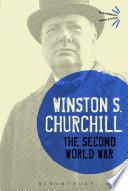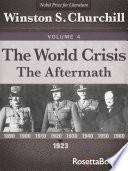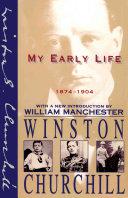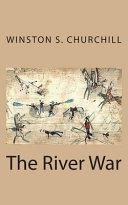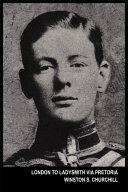Speech in the House of Commons, after taking office as Prime Minister (13 May 1940) This has often been misquoted in the form: "I have nothing to offer but blood, sweat and tears ..."
The Official Report, House of Commons (5th Series), 13 May 1940, vol. 360, c. 1502. Audio records of the speech do spare out the "It is" before the in the beginning of the "Victory"-Part.
The Second World War (1939–1945)
Context: You ask, what is our policy? I will say: It is to wage war, by sea, land and air, with all our might and with all the strength that God can give us: to wage war against a monstrous tyranny, never surpassed in the dark, lamentable catalogue of human crime. That is our policy. You ask, what is our aim? I can answer in one word: It is victory, victory at all costs, victory in spite of all terror, victory, however long and hard the road may be; for without victory, there is no survival.
Context: I would say to the House, as I said to those who have joined this Government: 'I have nothing to offer but blood, toil, tears, and sweat.' We have before us an ordeal of the most grievous kind. We have before us many, many long months of struggle and of suffering. You ask, what is our policy? I will say: It is to wage war, by sea, land and air, with all our might and with all the strength that God can give us: to wage war against a monstrous tyranny, never surpassed in the dark, lamentable catalogue of human crime. That is our policy. You ask, what is our aim? I can answer in one word: It is victory, victory at all costs, victory in spite of all terror, victory, however long and hard the road may be; for without victory, there is no survival.


